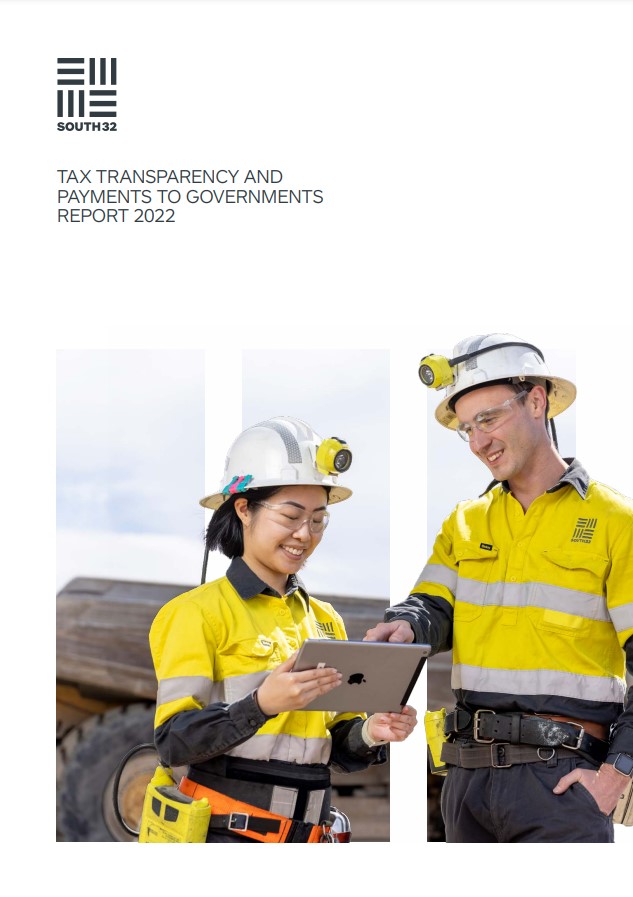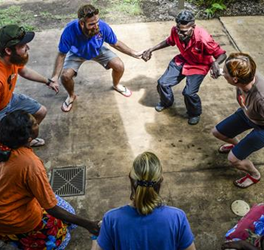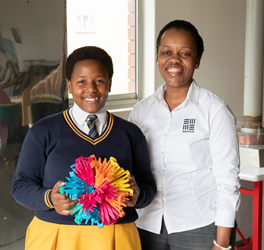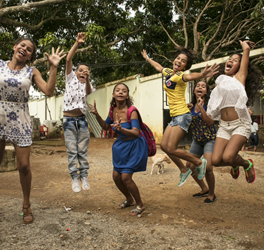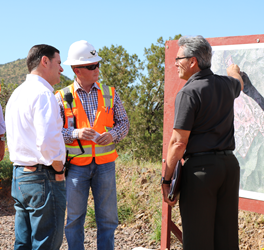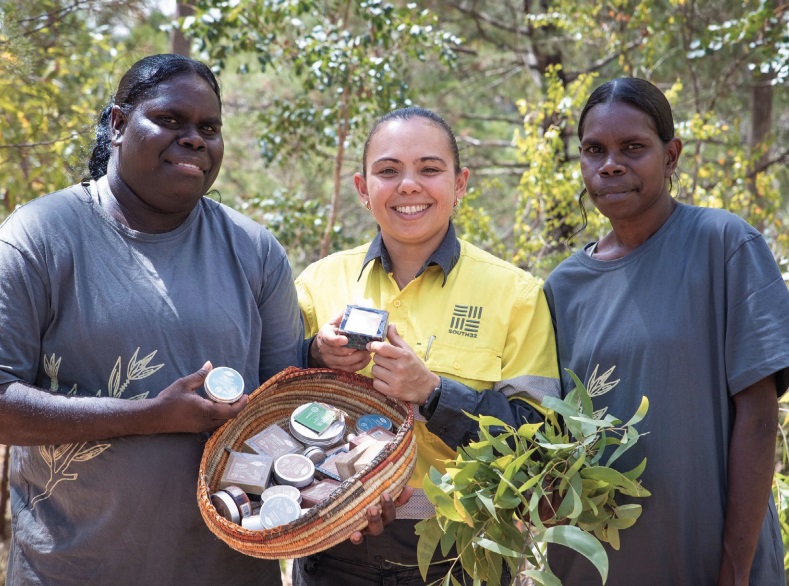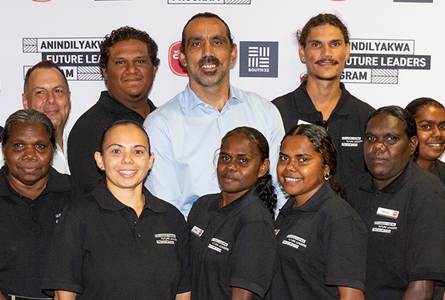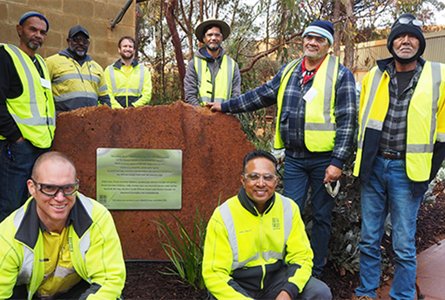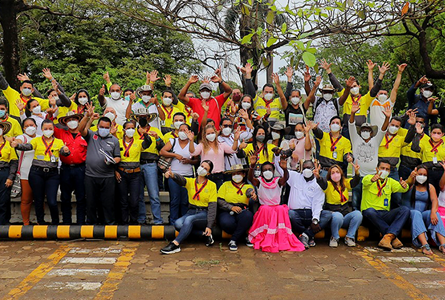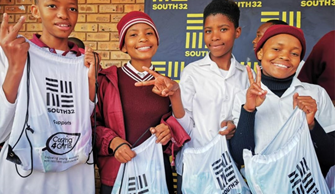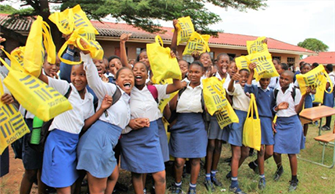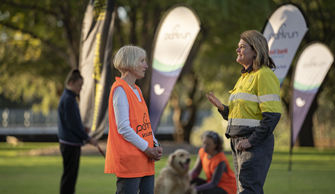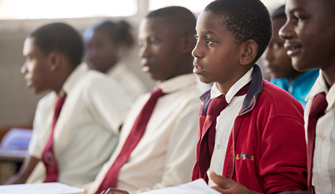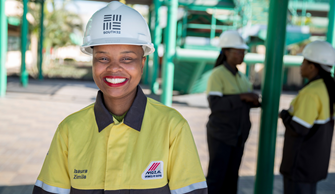Indigenous, Traditional and Tribal Peoples
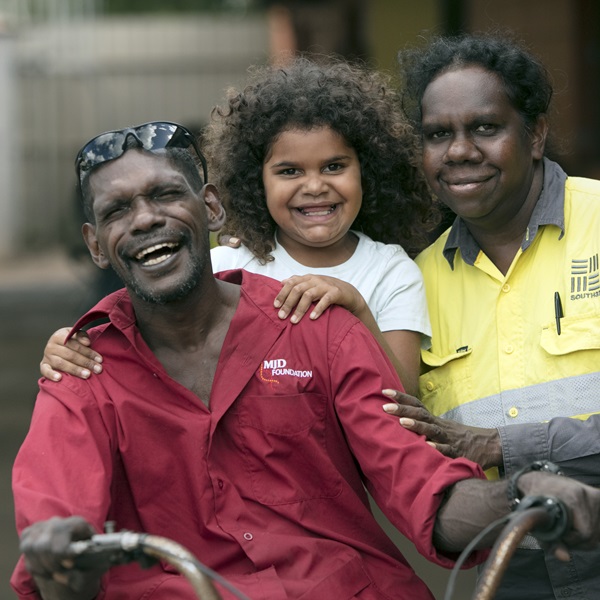
Indigenous, Traditional and Tribal Peoples
We acknowledge and pay our respects to the Indigenous, Traditional and Tribal Peoples of the lands, waters and territories on which South32 is located and where we conduct our business around the world.
We respect and acknowledge the unique cultural and spiritual relationships that Indigenous, Traditional and Tribal Peoples have to the lands, waters and territories, and their rich contribution to society.
In the spirit of respect and reconciliation, we will continue to support initiatives that strengthen culture and ways of life so that their legacy continues and extends to future generations.
